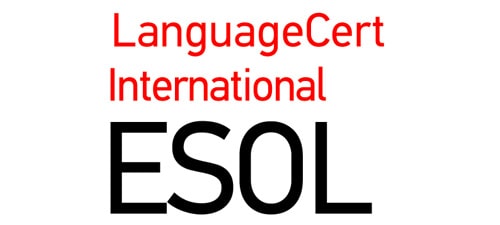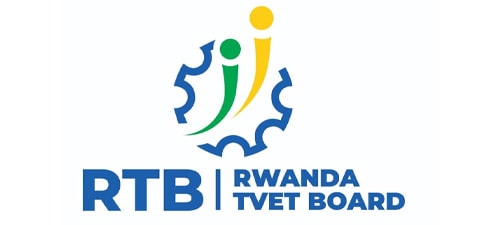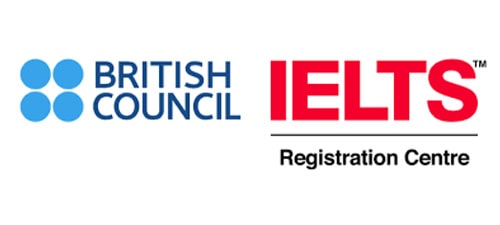Understanding and Treating ADHD
- Home
- Accreditation
- KISE
- Understanding and Treating ADHD
Course Description
This course provides an in-depth exploration of Attention Deficit Hyperactivity Disorder (ADHD), including its symptoms, causes, and treatments. The course will cover both the medical and non-medical treatments for ADHD and examine individual strategies for managing it in daily life.
Learning Objectives
- Understand the history of ADHD and its evolution as a diagnosis.
- Describe the symptoms of ADHD and how it affects different individuals.
- Identify the potential causes and risk factors for ADHD, including neurobiology and genetics.
- Understand the different approaches to diagnosis and assessment of ADHD.
- Evaluate the evidence-based treatment options for ADHD, including medication and behavioral therapies.
- Develop strategies for managing ADHD symptoms in daily life.
- Examine the impact of ADHD on academic, occupational, and social functioning.
- Understand the challenges and potential benefits of living with ADHD.
Course Format
- Lectures, discussions, case studies, group activities, and video presentations.
- Guest speakers from various disciplines, including psychiatry, psychology, and education.
- Written assignments, quizzes, and a final exam.
Course Topics
1. Introduction to ADHD
- Definition and history of ADHD.
- Prevalence and diagnosis of ADHD.
- Symptoms and co-occurring conditions.
2. Understanding ADHD: Biology and Genetics
- Neurobiological factors in ADHD.
- Genetics and heritability of ADHD.
- Environmental factors and ADHD.
3. Assessment and Diagnosis of ADHD
- Different approaches to assessment and diagnosis.
- Comorbid conditions and differential diagnosis.
- Cultural considerations in diagnosis.
4. Medical Treatments of ADHD
- Medications for ADHD, including stimulant and non-stimulant medications.
- Side effects and risks of medication.
- Medication management and adherence.
5. Non-Medical Treatments of ADHD
- Behavioral therapies, including Cognitive Behavioral Therapy (CBT).
- Parent training and family-based interventions.
- School-based interventions.
6. Strategies for Managing ADHD Symptoms
- Organization and time management.
- Stress management and coping skills.
- Sleep hygiene, exercise, and nutrition.
7. Impact of ADHD on Daily Life
- Academic and occupational functioning.
- Social skills and relationships.
- Emotional regulation and self-esteem.
8. Challenges and Opportunities of Living with ADHD
- Internal and external stigma.
- Potential strengths and talents of those with ADHD.
- Management of ongoing health, education, and social needs.
Assessment Criteria
- Assignments and quizzes: 35%
- Final Exam: 40%
- Participation in discussions and group activities: 20%
- Attendance and punctuality: 5%
Required Texts
– Barkley, R. (2015). Taking Charge of ADHD. New York: Guilford Press.
– Brown, T. (2013). A New Understanding of ADHD in Children and Adults: Executive









